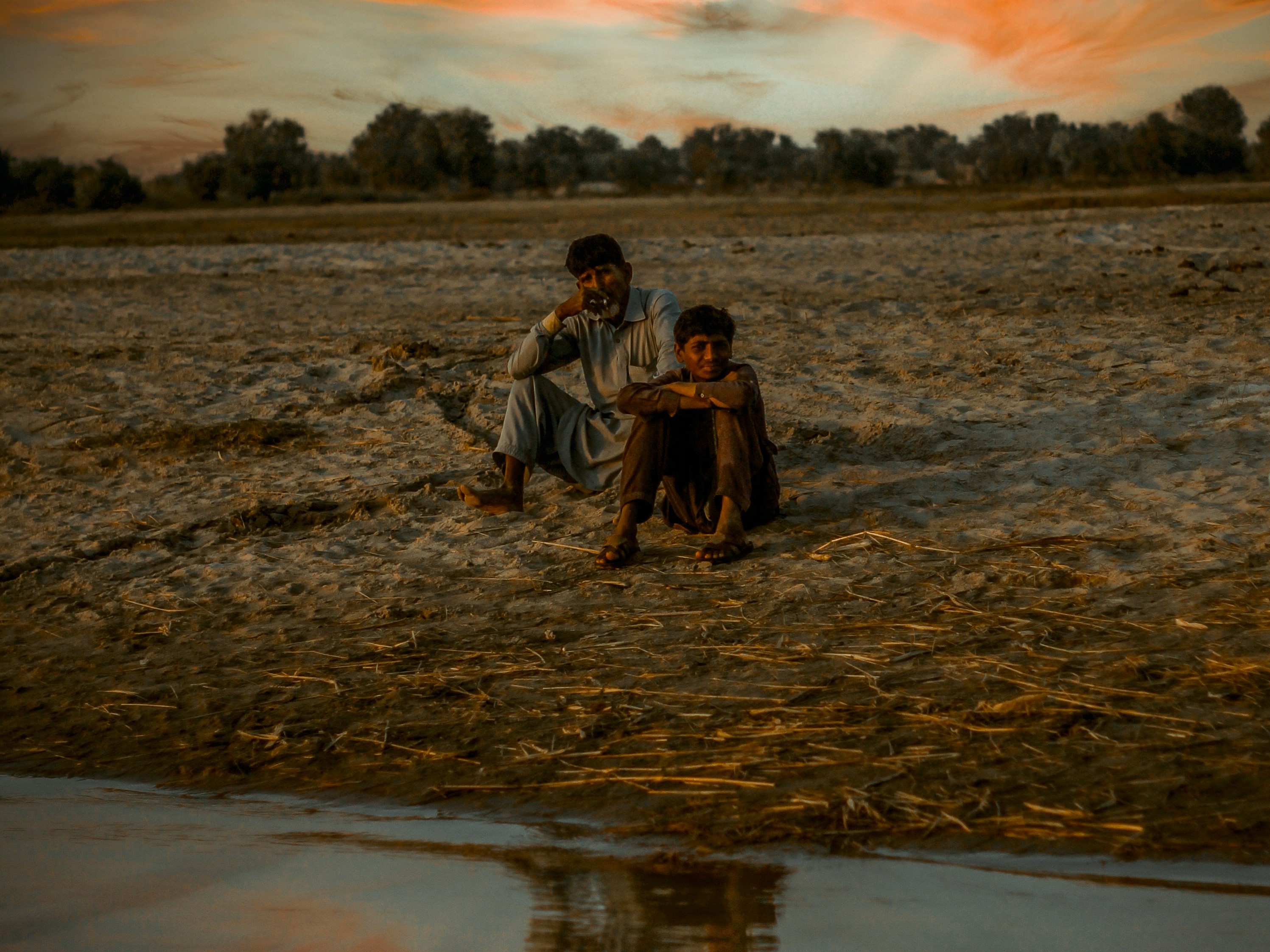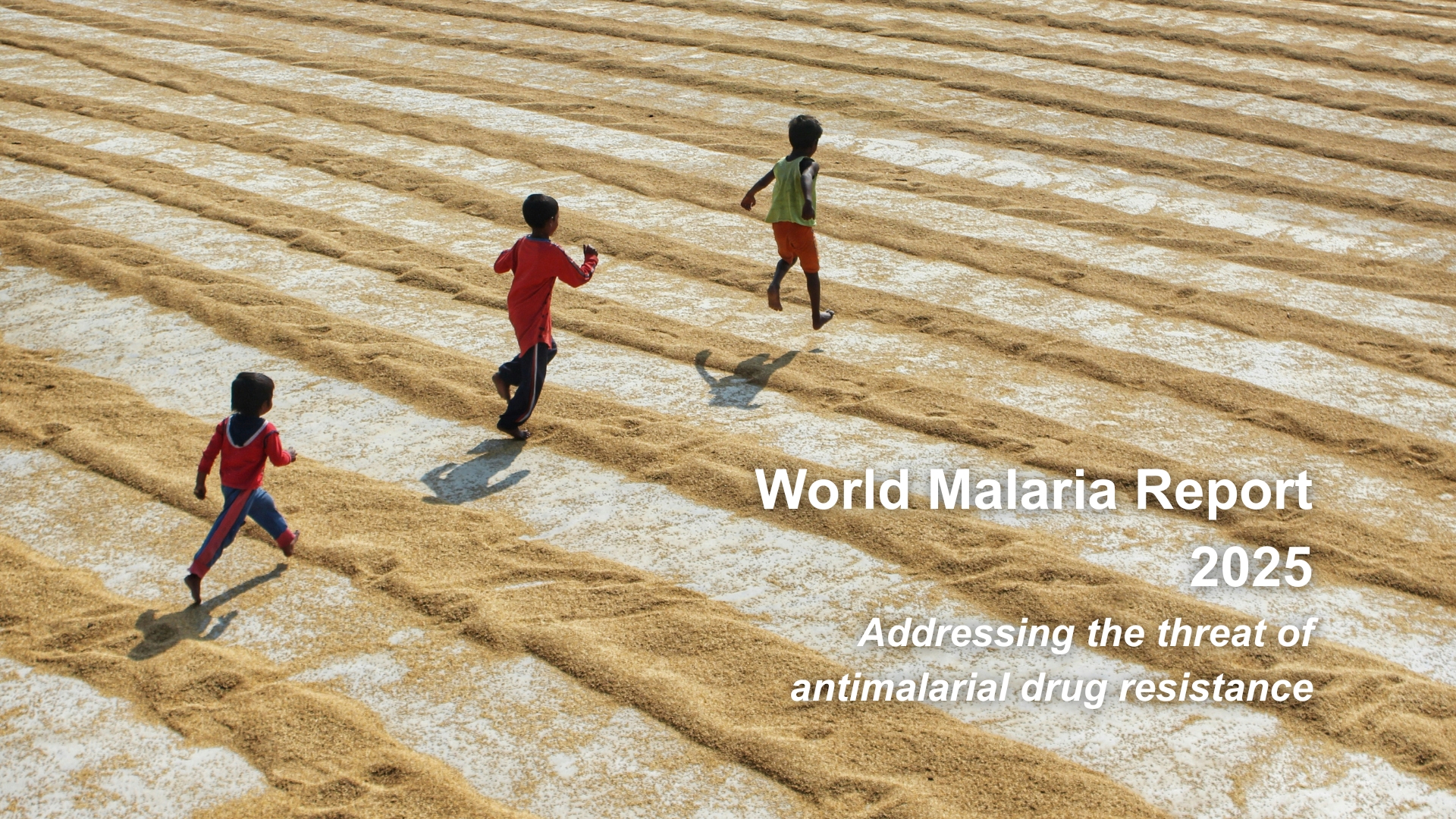
COVID-19's unprecedented impact on global and regional economies and health systems have underscored the importance of building more resilient, responsive and better equipped health systems. Pandemics, health emergencies and weak health systems not only cost lives but pose some of the greatest risks to global health security faced today.
After a hiatus due to the pandemic, the Global Health Security Conference (GHS2022) returned this year and was hosted in Singapore on 28 June 2022.
Ending Neglected Diseases & Diseases of At-Risk Populations
APLMA and APMEN were delighted to participate at GHS2022. Dr Sarthak, CEO of APLMA, took part in a panel discussion reminding the global health community that while the pandemic has been underway since the end of 2019, we still have a number of other pressing health challenges that have gone unaddressed for decades. This includes malaria, the world’s oldest disease.
The Panel
Title: Ending Neglected Diseases & Diseases of At-Risk Populations
Time: 28 June, 3pm SGT
On stage:
Lady Roslyn Morauta, Vice Chair of the Global Fund to Fight AIDS, Tuberculosis and Malaria
Dr Sarthak Das, Chief Executive Officer, Asia Pacific Leaders Malaria Alliance
Dr Daniel Bausch, Director, Emerging Threats and Global Health Security, FIND
Moderated by: Professor David L. Heymann
GHS2022 Final Program

Discussions on malaria
APLMA, APMEN, and partners participated in other sessions throughout the event to share knowledge and expertise.
- Building Surveillance Capacity in Papua New Guinea: STRIVE Papua New Guinea, funded by DFAT Indo-Pacific Centre for Health Security, shared the importance of partnerships and working with the different stakeholders in improving systems for malaria surveillance.
- Closing the gap and new and improved vector control tools in the Indo-Pacific and beyond: Innovative Vector Control Consortium discussed their role in delivering novel vector control tools, with representatives from Cambodia and Papua New Guinea sharing how their malaria vector control strategies work on the ground.
- Data & Information Systems for Preparedness/Response: Representatives from Papua New Guinea explained how they implemented an Electronic Supply Chain Management System for Sentinel Site Surveillance.
- Development and Delivery of Antimalarial Innovations: An Insurance Policy for Health Security: Representatives from Medicines for Malaria Venture, DFAT and the pharmaceutical industry, ShinPhoong Pharm shared their perspectives on product development, regulatory approvals, delivery and the support required at all levels to ensure access to innovations.
Special thanks to the Innovative Vector Control Consortium and the Australian High Commission Singapore for hosting related side events around GHS as well.
About Global Health Security 2022 (GHS2022)
The GHS2022 promotes a dynamic and contemporary program that includes a mixture of keynote panel presentations, dedicated sessions, and lively discussions and debate on the challenges that impact global health security. The 4-day conference includes a series of workshops, side-events and panels.
.svg)



.jpg)





